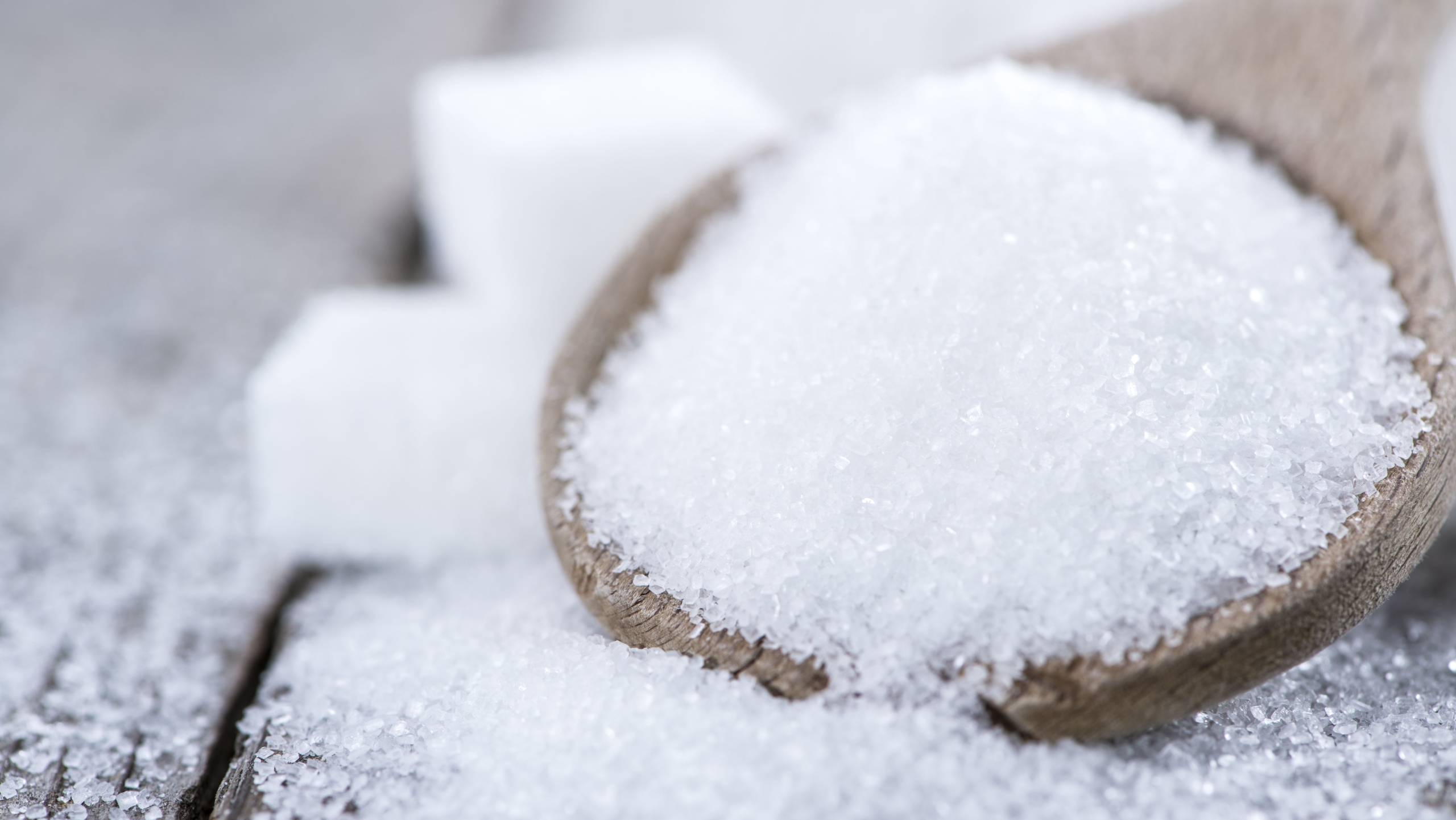The biomass balance approach is a specific strategy that replaces conventional fossil-based raw materials with renewable resources in existing industrial production processes, promoting sustainable practices and reducing environmental impact. Kemira became the first in the world to start full-scale production of water-soluble biomass balanced polyacrylamides (PAMs), already in 2021. These polymers find application in municipal and industrial wastewater treatment, drinking water treatment, papermaking processes, and mining.
“Biomass balanced polymers provide us with immediate means to increase the share of renewable materials and reduce fossil carbon in the value chain,” says Patricia Aubeuf-Prieur, Senior Manager for Global Business Creation in Water Treatment Biomaterials at Kemira.
Biomass balanced polymers provide us with immediate means to increase the share of renewable materials and reduce fossil carbon in the value chain.
In practice, renewable feedstocks, such as bionaphtha from industrial side streams or agricultural waste, are used to substitute traditional fossil materials in the very beginning of the production value chain. These raw materials serve as the foundation for producing components that are needed in polymer manufacturing. Kemira, in turn, sources these intermediates to manufacture the final polymer products for our customers.
“Adopting the biomass balance approach is a concrete action toward achieving our long-term sustainability goals. Reducing the reliance on fossil-based resources is a long journey. This is a step in that direction, allowing us to replace fossil carbon molecule by molecule. It is a way to speed up the use of renewable raw materials right now, while we continue to develop the future solutions, the novel renewable chemistries,” describes Patricia.
A drop-in solution for high performance
Finding renewable replacements for traditional fossil-based polyacrylamides, which offer high performance, cost-efficiency, and just the right properties for technically demanding customer applications in water treatment and papermaking, is not easy. Here lies the beauty of the biomass balance principle: the biomass balanced polymers are chemically identical to the standard products. This is because the renewable feedstocks are integrated into the current production value chain, replacing a portion of the fossil feedstock.
“These polymers provide the exact same high performance our customers require and expect,” Patricia emphasizes. “No process workflow or equipment changes are necessary when introducing biomass balanced polymers. Laboratory and pilot trials, as well as requalification, can be skipped. It is a true drop-in solution with immediate environmental benefits.”
It is a true drop-in solution with immediate environmental benefits.
Moreover, the biomass balance approach enables the efficient use of current production infrastructure along the value chain, facilitating the scaling up of renewable feedstock utilization quickly and cost-efficiently, without large investments.
Certified sustainability makes a difference
Kemira’s biomass balanced products and the production sites where they are manufactured are certified by ISCC (International Sustainability & Carbon Certification), a widely acknowledged, global sustainability certification system. The ISCC PLUS certification ensures complete transparency and traceability in the use of renewable resources throughout the production process, from input to output.
“This certification guarantees that the renewable raw materials used in the value chain are coming from sustainable sources,” explains Jaakko Hiltunen, Senior Manager for Sustainable Products Portfolio at Kemira. “It also ensures the balance between input and output, meaning that the amount of renewable raw material entering the production value chain corresponds to the amount of sold biomass balanced products.”
Kemira’s biomass balanced polymers are manufactured with ISCC PLUS certified renewable raw materials. It is not possible to pinpoint the exact amount of renewable content in a specific customer delivery since the renewable raw materials are spread throughout the polymer production and allocated virtually according to the certified approach to the final products. “Each sale of biomass balanced products contributes to increasing the overall renewable content within the value chain, reducing and replacing fossil-based resources. It makes a concrete difference,” Jaakko says.
Currently, Kemira operates six ISCC-accredited production sites across Europe, with plans for more in the coming year. The plan is also to expand the biomass balance approach to other regions, starting with North America. In addition to the existing and commercialized biomass balanced polyacrylamides, Kemira already has the readiness to produce a diverse range of other products according to the biomass balance principle, including pulping and bleaching chemicals, surface sizing agents, and strength additives for the pulp and paper industry.
Making a climate impact
By incorporating renewable raw materials into the production system, the biomass balance approach helps reduce greenhouse gas emissions. “Biomass balanced polymers have a significantly lower carbon footprint than standard polyacrylamide products that are based on 100% fossil feedstocks,” says Maria Sederholm, Director, Global Product Line for Polymers in Pulp & Paper at Kemira. “CO2 emissions are tracked throughout the production system, and the greenhouse gas reduction can be claimed at the end-of-life of the product.”
Biomass balanced polymers have a significantly lower carbon footprint than standard polyacrylamide products that are based on 100% fossil feedstocks.
This cradle-to-grave assessment ensures that the reduced carbon footprint is reflected in the end-product, such as in the treated wastewater or in a paper coffee cup or a napkin. The producer of the end-product can make renewable product claims and provide their customers with more sustainable products. They can also take the improved product carbon footprint into account in their own sustainability reporting.
“Especially when our polymer products are used by our direct customers in the papermaking process, there are additional steps before the final paper or board product is manufactured,” Maria says. “While the carbon footprint reduction will be reflected in the final product, the companies involved in the previous production steps can still promote their use of renewable raw materials. What’s more, they can highlight their commitment to sustainability with concrete climate action that reduces the use of fossil carbon throughout the value chain.”


